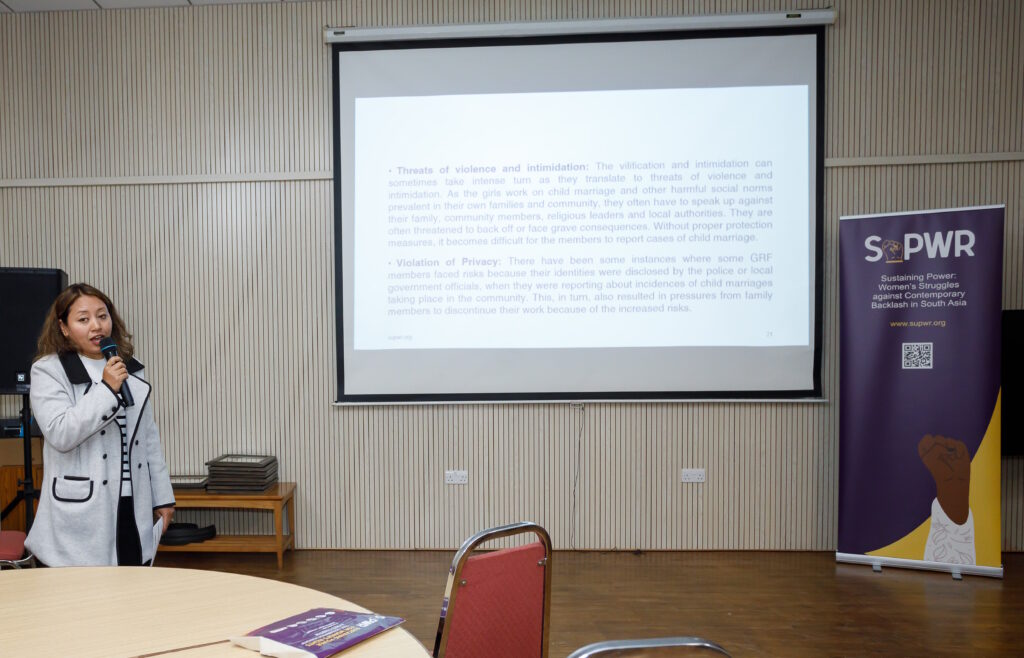The minimum wage in the Ready-Made Garment (RMG) sector in Bangladesh is intended to be reviewed and adjusted every five years to reflect current market conditions. However, there are consistent delays in forming the Minimum Wage Board, which is responsible for reviewing and setting the new minimum wage. As a result, RMG workers and labour rights organisations are often compelled to protest and demand wage increases.
Despite the sector achieving record earnings of 46 billion USD in 2023 since the last wage increase, even amidst the challenges of COVID-19 and the Ukraine-Russia war, workers’ livelihoods have deteriorated due to rising prices of daily commodities. They suffer from poor nutrition and are unable to afford their children’s education, healthy living spaces, and healthcare.
In 2023, workers, trade unions, and labour rights organisations called for a re-evaluation of the minimum wage in light of these issues. Bangladesh Garment Workers Solidarity led a movement, forming a broad alliance and demanding a new minimum wage of 25,000 BDT (approximately 213 USD) based on thorough research into workers’ basic needs and the industry’s capacity. However, after several negotiations, the minimum wage was set at 12,500 BDT (approximately 106 USD), half of the demanded amount.
This short video examines the RMG worker’s movement for a fair wage in Bangladesh. It captures the framing of the movement’s demands, the struggle for higher wages, and the backlash faced by protesters.
